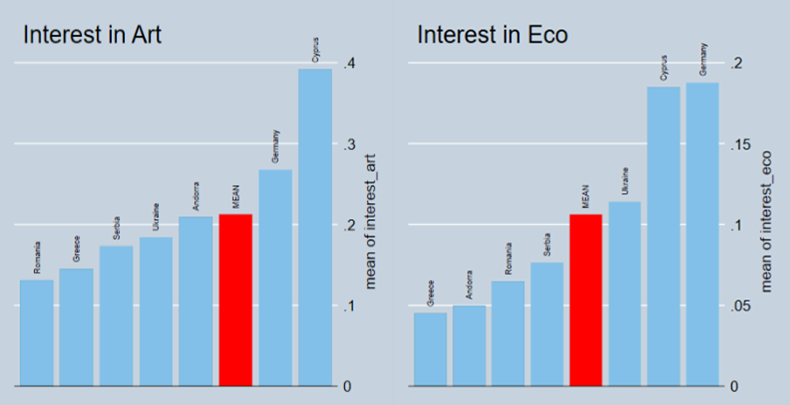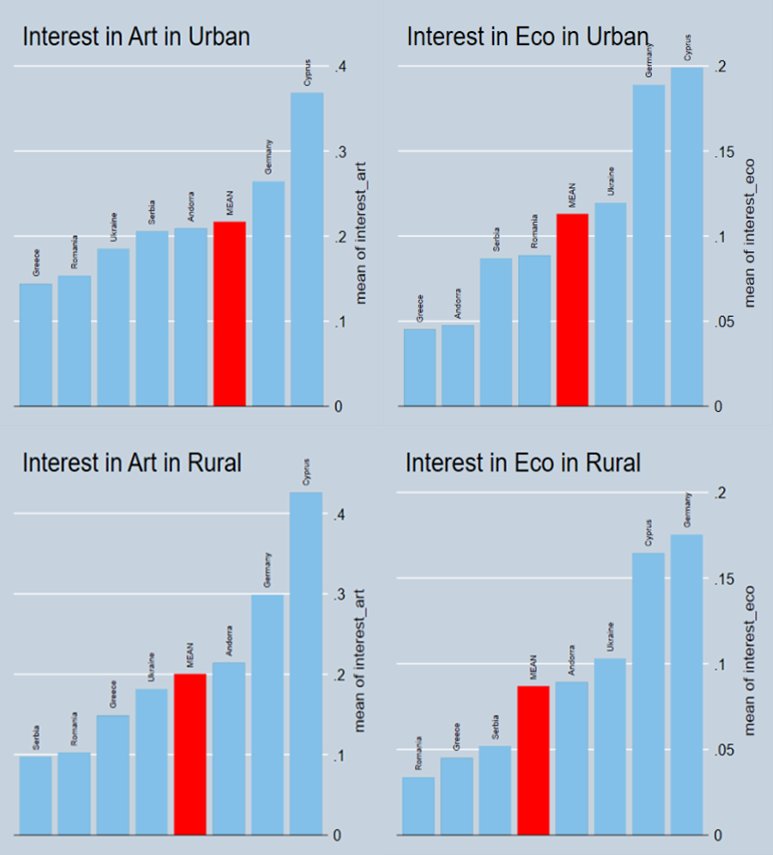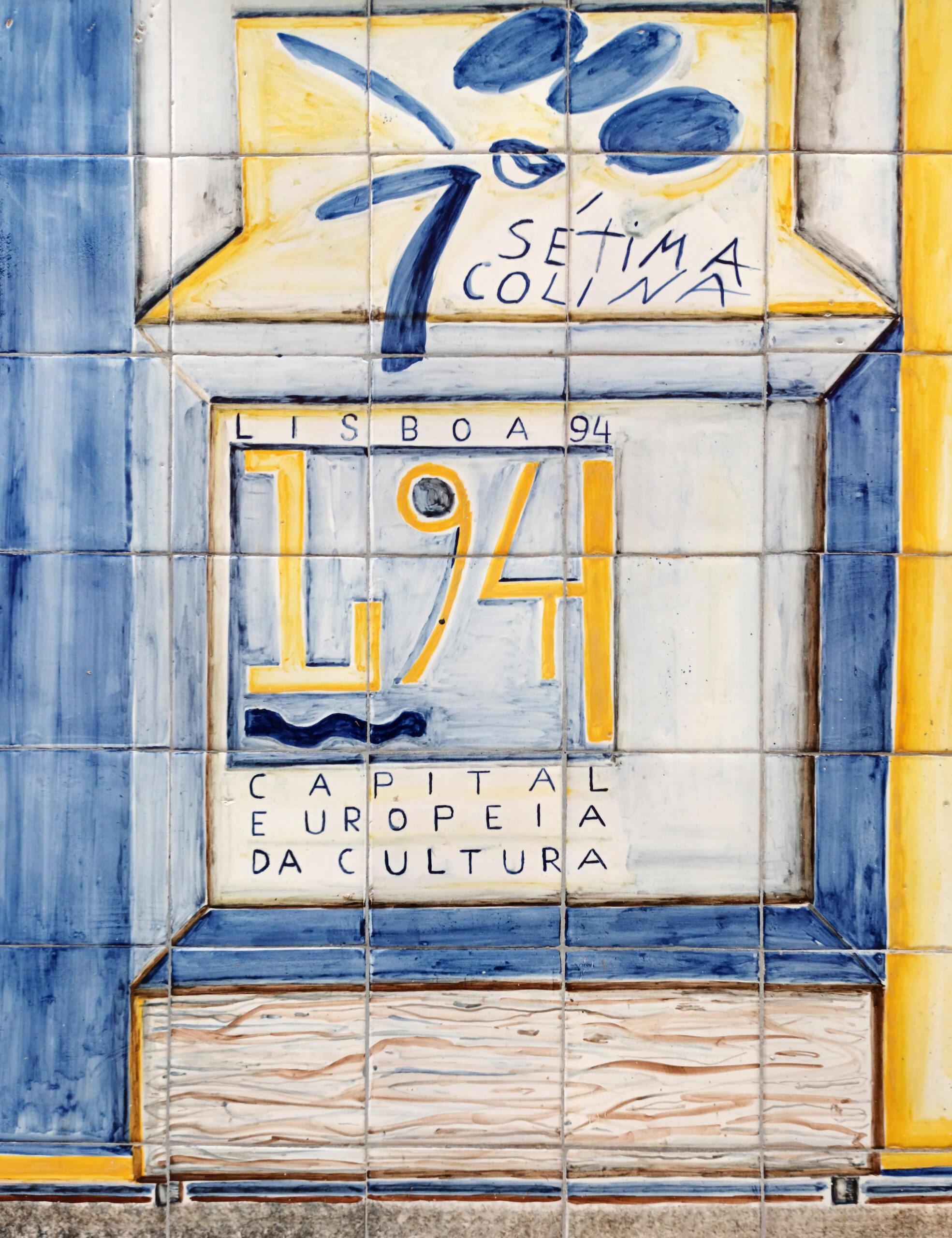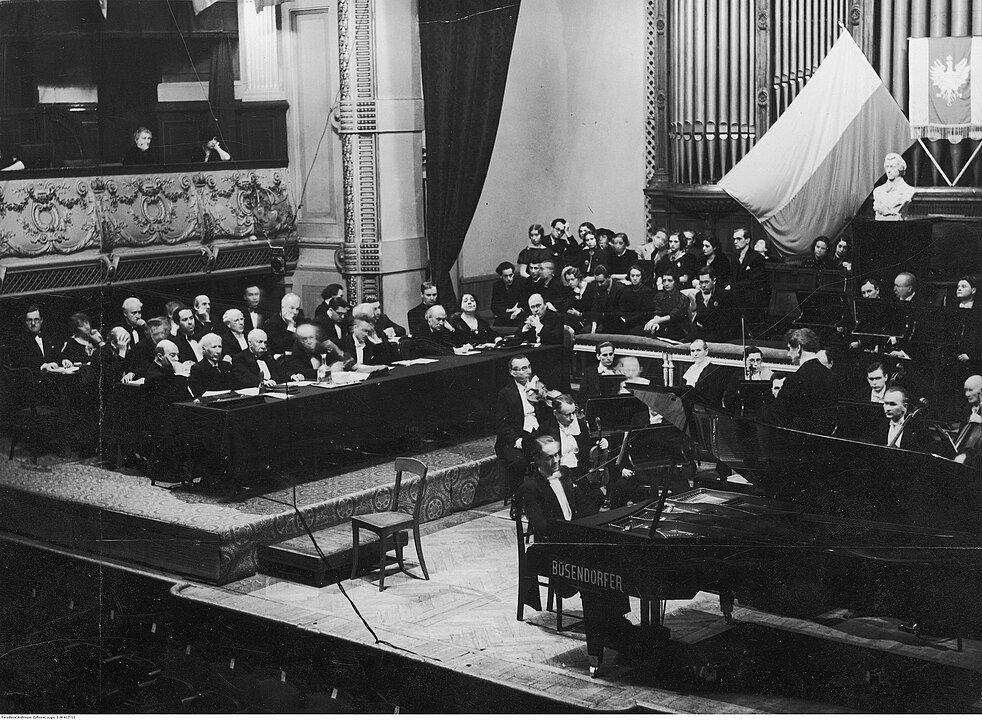By Annie Tubadji and Valentina Montalto

In a moment of raising inequalities and high political discontent magnified by the COVID-19 pandemic, it becomes of utmost importance to find effective ways not only to make people happy (again) but also to channel people’s dissatisfaction through constructive political debate. Using microdata from the World Values Survey, we study the relationship between ecological and arts activism and political behavior.
The pandemic has affected most violently the public provision of two main urban amenities, strongly connected to people’s happiness: cultural venues and green areas. Cultural venues – which have been a major source of attraction for inhabitants, tourists and creative talents – are now threatening points of congestion of people where diseases may spread. Thus, the appeal of places that have big theatres and stadiums suddenly decreases in comparison to the past. Yet, people are social animals and they do still need cultural activities which, besides their general appeal, bring many important mental health benefits, especially in crisis situations such as the COVID-19 pandemic. The green areas and places to escape the urban clustering of people begets a growing importance for people, so places without green areas become much less attractive than they used to be.
By using individual-level data for 8,324 individuals available from the 7th wave of the World Values Survey, covering the period closest to the start of the COVID-19 pandemic (2017-2020) in 7 different European countries (Andorra, Cyprus, Germany, Greece, Romania, Serbia and Ukraine), we study the relation between ecological and arts activism (our ‘geography of flowers’ and ‘geographies of flower power’), on the one hand, and political membership and happiness levels, on the other, for the incumbent vs. immigrant population and in urban vs. rural areas. First, as we can appreciate from the bar plots below, on average cultural membership (labelled as Interest in Arts) seems to play twice as big importance as opposed to the green membership (labelled as Interest in Eco) (average of 0.2 vs. 0.1 out of 0 = not a member, 1 = inactive member and 2 = active member). Put differently, people seem to care twice as much for the cultural sector than for the ecological issues.

Second, the interest in culture and the green areas is reportedly higher for the incumbent than for the immigrant population in all countries, with the exception of Cyprus. Moreover, the differences between incumbent and immigrants seem in general more pronounced with regard to the ecological issues.

Third, we also find that, on average, individuals living both in urban and rural areas are always more concerned with the culture than the ecological problems. However, the difference between urban and rural inhabitants is slightly more pronounced with regard to the ecological issues. Put differently, people living in cities seem to care more about the arts than about the green issues, but the difference between the way inhabitants in urban and rural areas think are more different with regard to the ecological issues, with people in cities caring more about nature.

We explore the statistical significance of such differences in relation to happiness and political engagement.
We find that arts activities appear to be an important predictor of both – even after controlling for age, gender, marital status, number of children, level of education, full time employment, rural versus urban type of residence as well as the migrant status as opposed to being born and incumbent in the area of living. Ecological concerns are however more strongly predictive of political engagement, compared to arts engagement, and not at all predictive of happiness, keeping the same control variables in the equation.
Interestingly enough, though, arts seem significant for happiness in urban areas (vs. rural ones) and for the incumbent population (vs. immigrant) only, while both arts and ecological sensitivity are significantly associated with political engagement in all the different areas (urban and rural) and for all types of inhabitants (incumbent and immigrant) under analysis. In other words, and probably also due to the lower level of engagement of people in rural areas and of immigrants with arts, arts matters for happiness, but only for certain segments of the population.
Crosschecking the validity of these associations on aggregate level for the cities of Europe using data from the European Commission’s Cultural and Creative Cities Monitor[1], verifies the presence of these effects not only for individuals but for cities too. In summary, the current analysis leaves us with two main takes. First and foremost, the geographies of flowers and geographies of flower power are important signals of the spatial patterns of political behavior. Our assumed explanation here is that the participation in arts and green organisations, concords with the overall people’s interest in spending their time and energy to improve the collective well-being. This makes the current withdrawal from these activities during COVID-19 pandemic alarming. Second, arts seem to be of paramount importance for urban residents’ happiness, even more than the ecological environment, in spite of the obvious evolutionary paramount importance of the latter. While this research provides a snapshot of people’s behaviors right before the pandemic, future research should assess whether and how the pandemic has affected this picture.
About the article
Tubadji, A., Montalto, V. Geographies of Flowers and Geographies of Flower Power. Sustainability 2021, 13, 13712. https://doi.org/10.3390/su132413712
About the authors
Annie Tubadji is Senior Lecturer in Economics at Swansea University.
Valentina Montalto is Policy Analyst on Cultural Economy & Creative Cities at the Joint Research Centre (JRC) of the European Commission.
About the image
Downloaded from Pixabay
[1] https://composite-indicators.jrc.ec.europa.eu/cultural-creative-cities-monitor/docs-and-data






